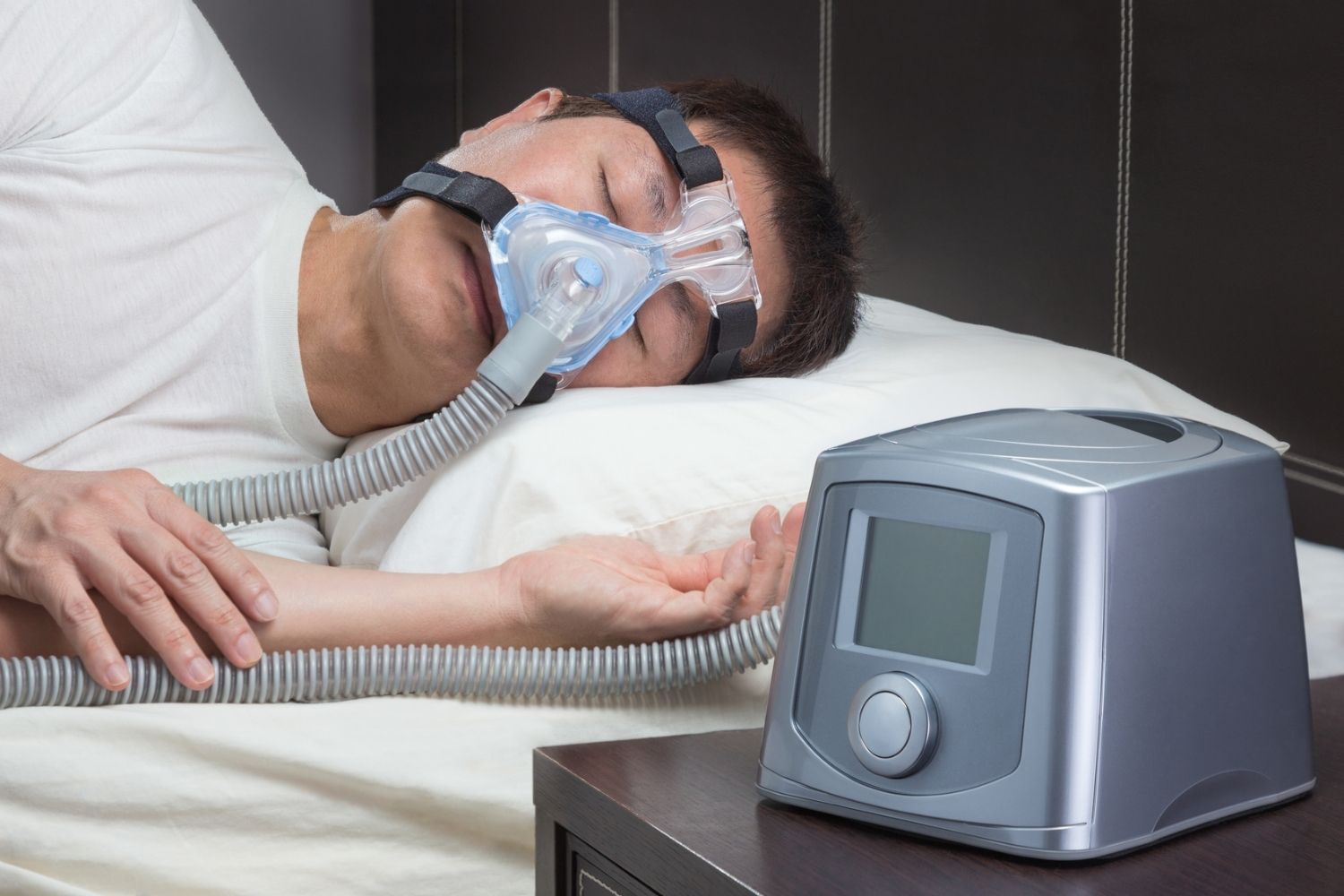
Apnea is a condition where breathing repeatedly stops and starts during sleep. This can lead to poor sleep quality and other health issues. But what exactly causes apnea, and how does it affect the body? Understanding apnea is crucial for anyone who suspects they might have it or knows someone who does. In this blog post, we will explore 30 facts about apnea that will help you grasp its impact, symptoms, and treatments. From the different types of apnea to lifestyle changes that can help manage it, you'll find everything you need to know right here. Ready to dive in? Let's get started!
Key Takeaways:
- Apnea is a condition where breathing stops temporarily during sleep. It can lead to serious health issues if left untreated. Understanding symptoms and risk factors is crucial for effective diagnosis and treatment.
- Recognizing symptoms and risk factors for apnea is essential for early diagnosis and treatment. Lifestyle changes, medical devices, and surgery are effective treatment options to improve quality of life.
What is Apnea?
Apnea is a condition where breathing stops temporarily during sleep. It can affect anyone, but certain factors increase the risk. Understanding apnea helps in managing and treating it effectively.
- Sleep apnea is the most common type of apnea, affecting millions worldwide.
- Obstructive sleep apnea (OSA) occurs when throat muscles relax too much, blocking the airway.
- Central sleep apnea (CSA) happens when the brain doesn't send proper signals to muscles controlling breathing.
- Mixed sleep apnea is a combination of obstructive and central sleep apnea.
- Apnea episodes can last from a few seconds to minutes and may occur 30 times or more an hour.
Symptoms of Apnea
Recognizing the symptoms of apnea is crucial for diagnosis and treatment. Symptoms can vary but often include noticeable signs during sleep and daytime.
- Loud snoring is a common symptom, especially in obstructive sleep apnea.
- Gasping for air during sleep can indicate an apnea episode.
- Morning headaches are frequent in those with sleep apnea.
- Excessive daytime sleepiness affects many with apnea, impacting daily activities.
- Difficulty concentrating is another symptom, often due to disrupted sleep.
Risk Factors for Apnea
Certain factors increase the likelihood of developing apnea. Knowing these can help in taking preventive measures.
- Obesity significantly raises the risk of obstructive sleep apnea.
- Neck circumference: A larger neck can narrow the airway, leading to apnea.
- Aging: The risk of apnea increases with age.
- Family history: Genetics can play a role in the likelihood of developing apnea.
- Gender: Men are more likely to develop sleep apnea than women.
Diagnosing Apnea
Proper diagnosis is essential for effective treatment. Various methods are used to diagnose apnea.
- Polysomnography is a sleep study that records brain waves, blood oxygen levels, heart rate, and breathing.
- Home sleep apnea tests are simpler, portable devices used to diagnose sleep apnea at home.
- Oximetry: This test measures blood oxygen levels overnight.
- Questionnaires: Tools like the Epworth Sleepiness Scale help assess the likelihood of sleep apnea.
- Physical examination: Doctors may check for signs like enlarged tonsils or a deviated septum.
Treatment Options for Apnea
Treating apnea involves various approaches, from lifestyle changes to medical devices. Effective treatment improves quality of life.
- Continuous Positive Airway Pressure (CPAP) is the most common and effective treatment for sleep apnea.
- Oral appliances: These devices help keep the airway open by repositioning the jaw or tongue.
- Lifestyle changes: Weight loss, quitting smoking, and avoiding alcohol can reduce apnea symptoms.
- Surgery: Procedures like uvulopalatopharyngoplasty (UPPP) remove tissue from the throat to widen the airway.
- Positional therapy: Sleeping on one's side instead of the back can help reduce apnea episodes.
Complications of Untreated Apnea
Ignoring apnea can lead to serious health issues. Understanding potential complications emphasizes the importance of treatment.
- High blood pressure: Apnea can cause or worsen hypertension.
- Heart problems: Increased risk of heart attacks, arrhythmias, and heart failure.
- Type 2 diabetes: Sleep apnea is linked to insulin resistance and diabetes.
- Liver problems: Fatty liver disease and elevated liver enzymes are common in those with sleep apnea.
- Daytime fatigue: Severe fatigue can lead to accidents, decreased productivity, and poor quality of life.
Final Thoughts on Apnea
Apnea's more than just snoring. It’s a serious condition affecting millions. Understanding sleep apnea can help you spot symptoms early. Treatments range from lifestyle changes to medical devices. If you suspect apnea, consult a doctor. Ignoring it can lead to severe health issues like heart disease or diabetes.
Awareness is key. Share this info with friends and family. The more people know, the better they can manage or prevent apnea. Remember, quality sleep is crucial for overall health. Don’t underestimate the power of a good night’s rest.
Stay informed, stay healthy. If you’ve got questions or need support, reach out to healthcare professionals. They’re there to help. Sleep well, live well.
Frequently Asked Questions
Was this page helpful?
Our commitment to delivering trustworthy and engaging content is at the heart of what we do. Each fact on our site is contributed by real users like you, bringing a wealth of diverse insights and information. To ensure the highest standards of accuracy and reliability, our dedicated editors meticulously review each submission. This process guarantees that the facts we share are not only fascinating but also credible. Trust in our commitment to quality and authenticity as you explore and learn with us.
